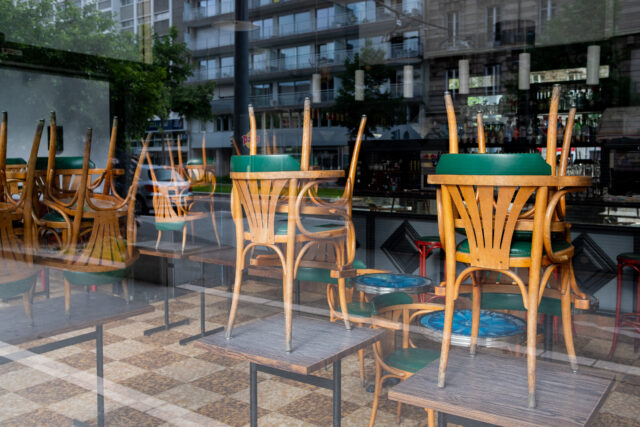The government has extended English councils’ powers to close hospitality outlets not obeying Covid-19 regulations until 17 July.

The regulations, which give local authorities in England lockdown powers, expired on 17 January. According to The Telegraph, the changes to the coronavirus restrictions – Health Protection (Coronavirus, Restrictions) (England) (No.3) Regulations 2020 – were made as part of a review of the third lockdown by Health Secretary Matt Hancock earlier this month.
Once such sites reopen, the rules give councils the power to close premises, including restaurants and pubs, events spaces and public outdoor areas that are in breach of Covid-19 regulations.
Councils will only close a site if it presents “a serious and imminent threat to public health” and closure is a “proportionate means” of “preventing, protecting against, controlling or providing a public health response to the incidence or spread of infection by coronavirus”.
It follows reports that restaurants and pubs may have to wait until May before they can reopen.
England currently remains in Covid Alert Level 5, the highest on the scale, which signifies that there is a “material risk” of health services being overwhelmed. The measures are due to be reviewed in mid-February.
The Telegraph reports that the government may impose a three-month lockdown “halfway house” after Easter. Sources told the publication that ministers could begin reopening parts of the economy, including pubs and restaurants, in April, but a full easing of restrictions would be delayed for least 12 to 14 weeks to allow for all those aged over-50 to have their second dose of the vaccine.
Industry body UKHospitality, however, has warned that outlets cannot wait that long. A recent report from CGA and AlixPartners revealed that almost 10,000 licensed premises permanently closed last year, with UKH warning that one in five businesses say they cannot survive past February without further support.
Chief executive of UKH, Kate Nicholls, added: “The entire sector continues to be hit hard, but restaurants have arguably been hit hardest of all. Not surprisingly, many of the worst off are independent businesses teetering on the verge of collapse due, in large part, to the issue of rent debt.
“This is a stark reminder of the importance of having an exit strategy and ongoing support for businesses. Sustaining businesses, keeping them alive and keeping jobs protected is vitally important and is going to be key to recovery once we emerge from this. If we have the right support in place now, it will make the job of recovery much more achievable once we are in a position to reopen again.”




